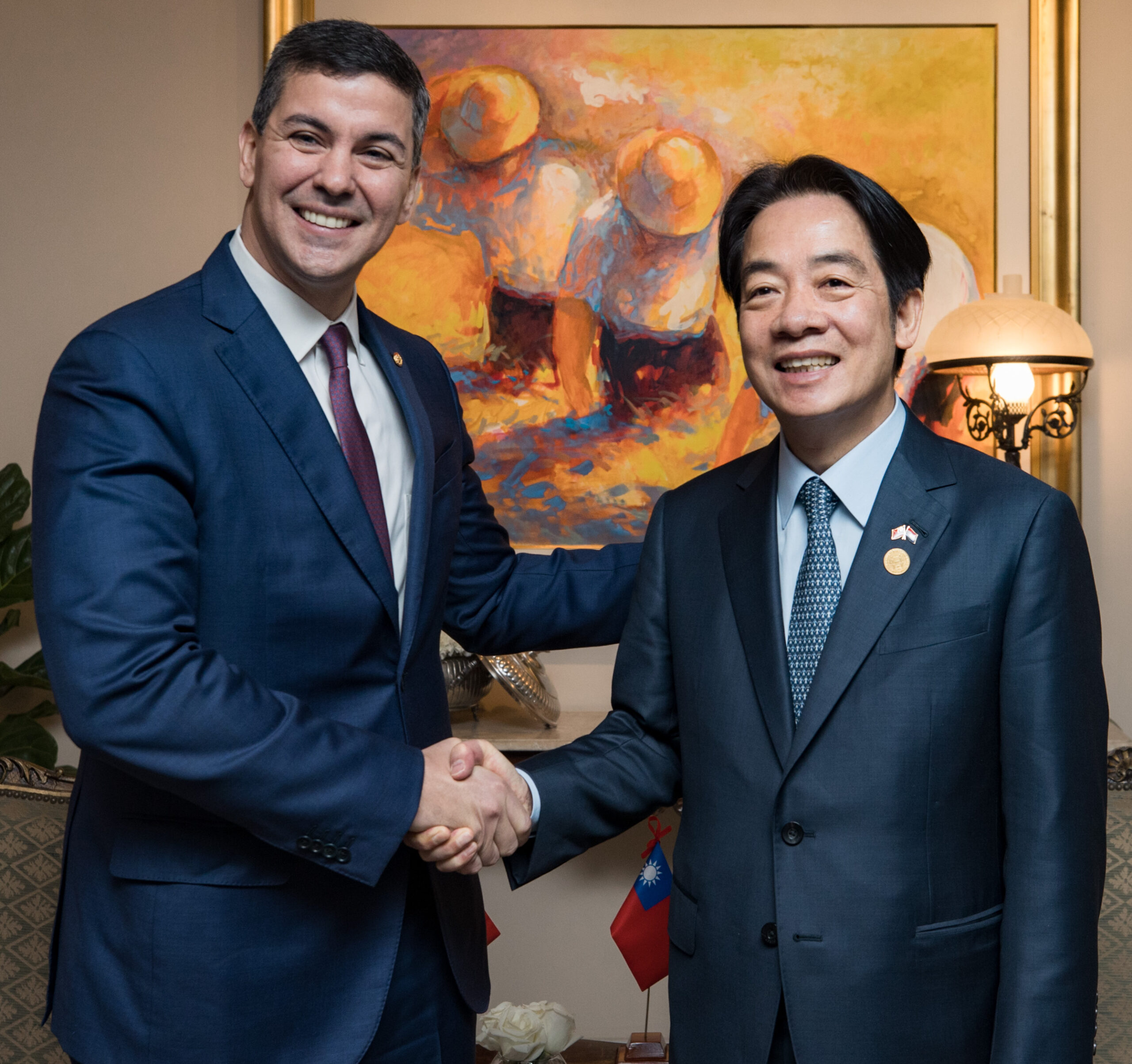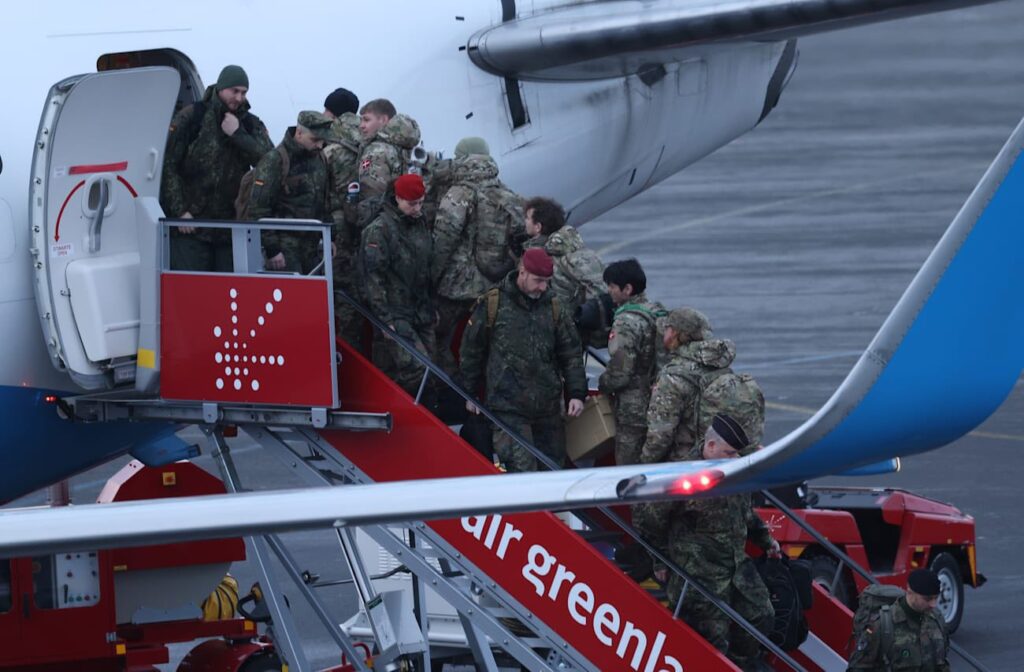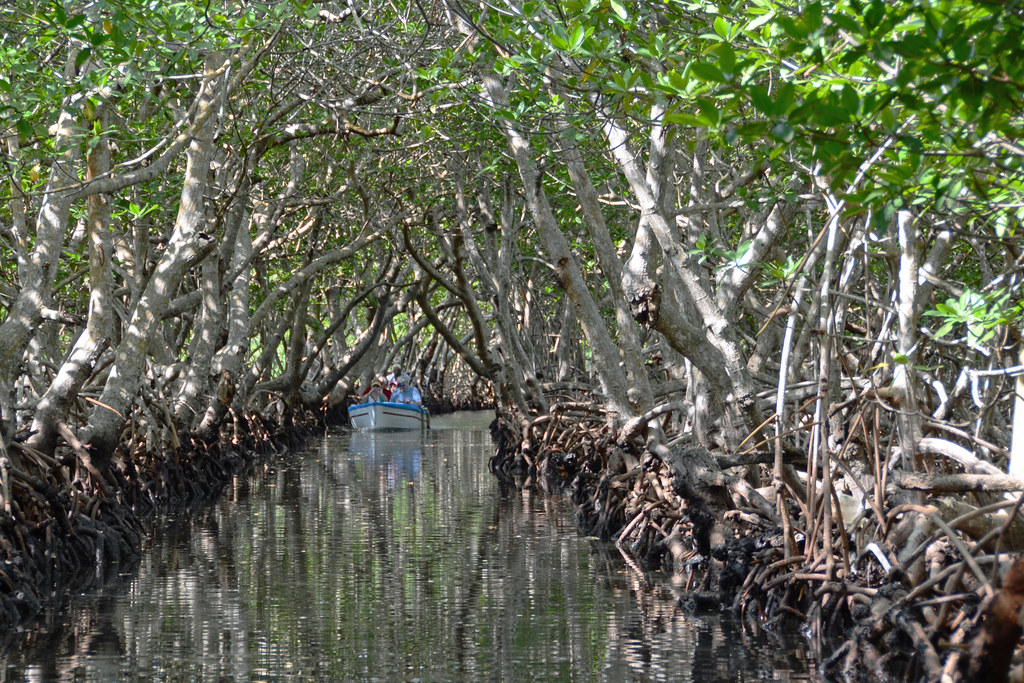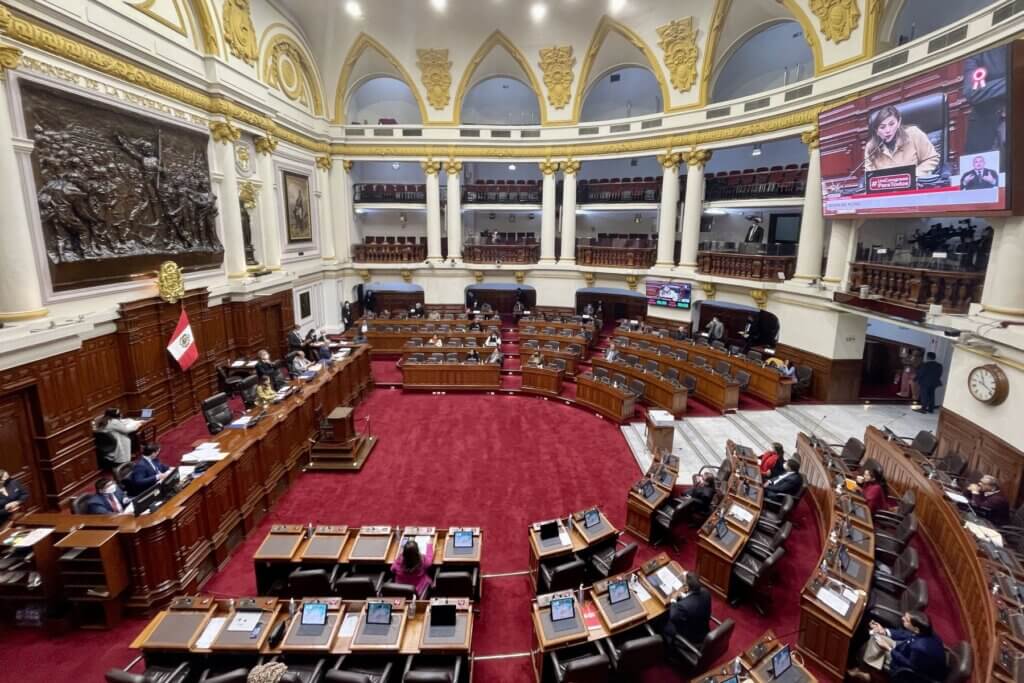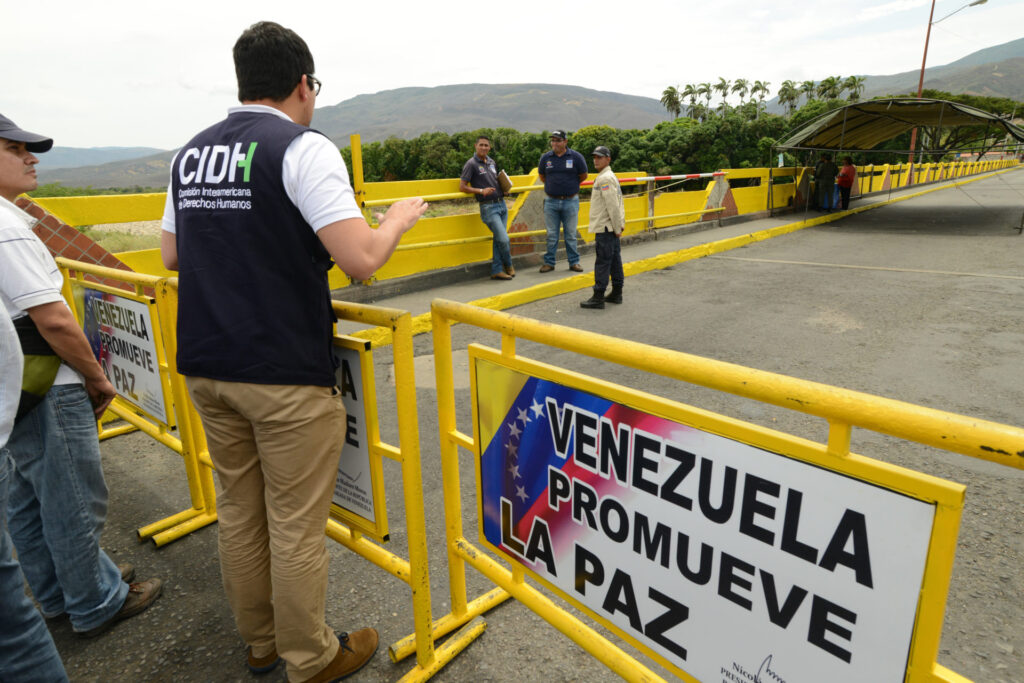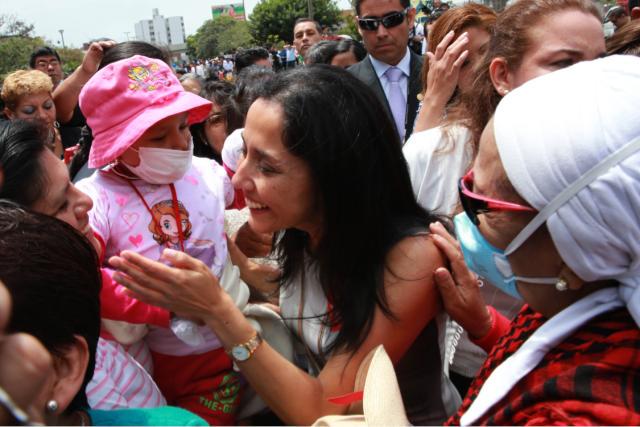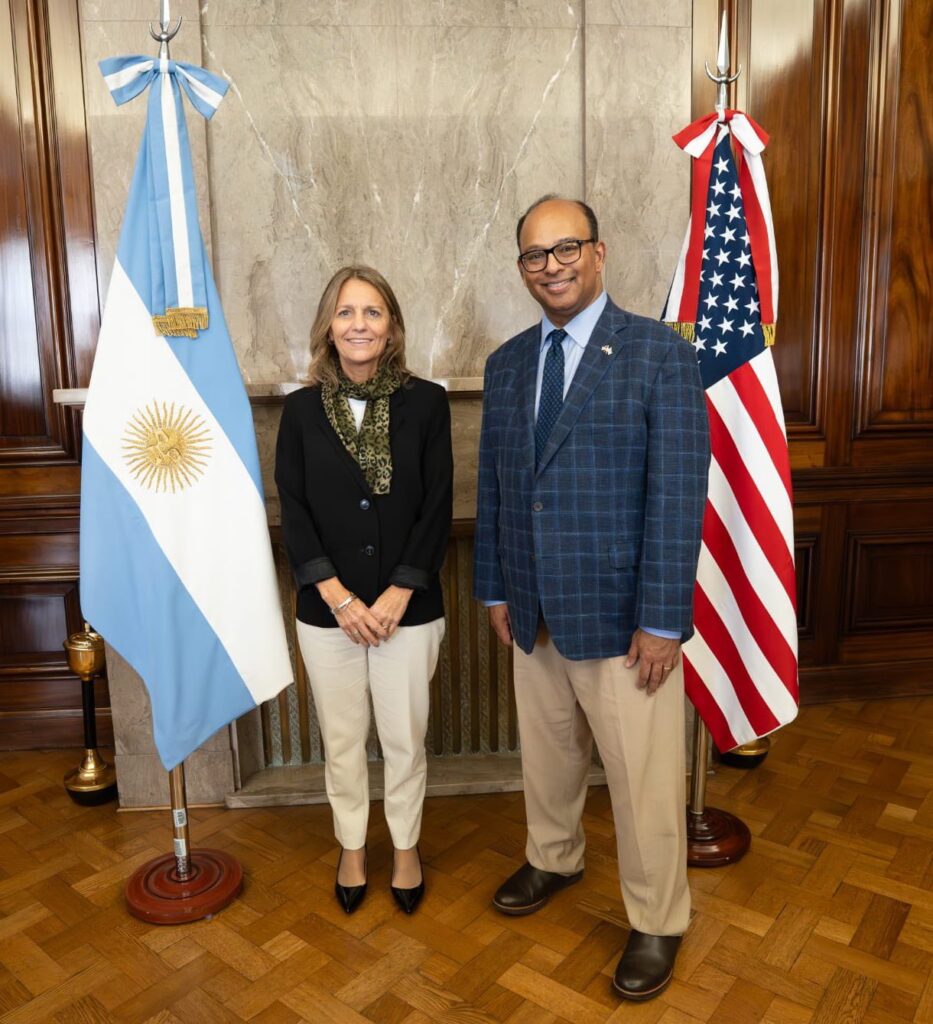As the votes from last Friday’s United Nations resolution on a two-state solution for Israel and Palestine were displayed, the opposition of Israel and the United States to the motion would have surprised few, given their widely-reported objection to the establishment of a Palestinian state in the current circumstances.
However, they were not the only opponents of the motion. Eight other nations voted against, whereas 10 decided to abstain. One of those eight nations was Paraguay, which has maintained a consistently pro-Israel stance, even when many of its Latin American neighbors have turned away from the Middle Eastern state over its actions in the Palestinian territories.
Nevertheless, unflinching diplomatic support for Israel in the region is, even in recent times, not unheard of. Argentina, under its staunchly pro-Israel President Javier Milei, also opposed the motion. However, Paraguay’s support for Israel is not the only example of its refusal to conform with wider geopolitical and diplomatic trends.
Paraguay is one of only 12 nations — 11 UN member states and the Holy See (Vatican City) — to maintain full diplomatic relations with Taiwan and recognize the Republic of China (Taiwan) as the sole legitimate government of China. In terms of geographic area, Paraguay is the largest of these countries.
Paraguay’s support for these two nations comes, according to its own government, at a cost. Earlier this year, Paraguayan President Santiago Peña claimed that the nation was suffering cyber attacks because of its support for Israel and Taiwan.
“This is a battle that is being waged … in the tech space … Paraguay, because of the position it has taken on different matters, like the defense of Israel, the defense of Taiwan, that has exposed us to attacks,” President Peña argued.
So why maintain the stance at all? Paraguay’s staunch defense of the increasingly internationally maligned Israel and the widely internationally unrecognized Taiwan is a consequence of a variety of economic, social, diplomatic, historic and political factors.
Paraguay is a majority-Catholic, mainly socially conservative country. Writing for Context, a media platform created by the Thomson Reuters Foundation, Robyn Huang describes the country as “paradise to conservative immigrants … strongly influenced by the Catholic Church, U.S. evangelists and deep-seated machismo attitudes”.
Paraguayan politics have been dominated by the conservative Colorado party in recent history. All but one of its political leaders since 1948 have belonged to the party. The European Conservative, a pan-European, right-wing, English-language paper registered in Budapest, asserts that the Colorado party is characterized by a “fusion of social conservatism and (properly understood) economic liberalism” which kept “at bay the 1998-2015 regional tide of left-populist politics [in Latin America]”.
The socially conservative fabric of mainstream Paraguayan society and politics helps to explain the Paraguayan state’s historical aversion to leftism, which has laid the foundation for its Taiwanese alliance in particular. This aversion has also influenced Paraguayan support for Israel, but the durability of that alliance has a more explicitly religious element, given the piety of Paraguay’s majority-Catholic society.
Read more: President Santiago Peña lays out bold vision for Paraguay’s future at the Canning Lecture
Taiwan and Paraguay: A partnership forged by anti-communism
Between 1954 and 1989, Paraguay was governed by the dictator and leader of the Colorado Party Alfredo Stroessner as a one-party state. Paraguay fell very firmly on the anti-communist side of the Cold War and Stroessner’s government “was an asset in Operation Condor, the U.S.-led campaign to solidify right-wing rule across the Southern Cone by means of intel ops, state-sponsored murders of left-wing leaders, and even CIA-backed coups.”
The staunchly anti-communist Stroessner saw in the Taiwanese leader Chiang Kai-Shek, who had led the nationalists against the communists in the Chinese Civil War and then governed Taiwan after the nationalist defeat on the Chinese mainland, a natural ally.

Image Source: Santiago Peña via X
The establishment of full diplomatic relations between Paraguay and Taiwan in 1957 heralded decades of close cooperation between the two countries. Stroessner even ordered the construction of a statue of Kai-Shek in Asunción, the Paraguayan capital.
Current President Peña seems determined to continue the long-standing partnership between the two nations.
Addressing a delegation of Taiwanese business leaders in July, Peña emphasized the ideological basis for the Taiwanese-Paraguayan partnership: “Paraguay chooses to maintain relations with Taiwan because we see in that relationship one based on principles and values, not just economic interest”.
Israel and Paraguay: The enemy of my enemy is my friend
At that same event, the Paraguay-Taiwan Investment and Opportunities Forum, Peña reiterated Paraguayan support for Israel’s right to self-defense, arguing that Paraguay’s commitment to Israel’s self-defense reflected the two nations’ historic ties and shared “principles and values … [which] we are not willing to negotiate”.
The mention of Israel at the forum does not seem coincidental, as the close relations between Israel and Paraguay can be traced to a similarly anti-communist heritage, though the historical trajectory of their partnership differs greatly from that of Paraguay and Taiwan.
Paraguay was one of 33 nations to vote for the 1947 UN Partition Plan for Palestine, which effectively gave birth to the Israeli state, and the South American nation was one of the first countries to recognize Israel in September 1948. Diplomatic relations between the two countries were established in 1949.
Stroessner seemed an unlikely ally for the Israelis. The Paraguayan leader was the grandson of Bavarian immigrants to Paraguay and had allowed Nazis who had fled trial in Europe refuge in Paraguay. One of those Nazis was the infamous Josef Mengele, an SS officer and physician who had performed deadly experiments on inmates at the Auschwitz concentration camp.
The so-called “Angel of Death” was granted Paraguayan citizenship in 1959 and Stroessner refused to strip him of his citizenship and allow him to be extradited to West Germany despite the West Germans’ requests.
Tensions therefore existed between Paraguay and the Jewish state of Israel, which had itself been founded by many victims of the Nazi Holocaust. In fact, Israeli intelligence was actively hunting down Nazi war criminals during the 1950s and 1960s in various Latin American countries, including Paraguay.
However, those manhunts eventually stopped and Stroessner’s staunch anti-communism soon became the basis for greater cooperation between the two nations.
In 1968, Paraguay became a member of the UN Security Council and Israel’s ambassador to Paraguay in the 1960s, Benno Weiser Varon, courted a close relationship with Paraguayan dictator Stroessner to refrain from opposing Israel in UN votes that pertained to the Middle Eastern State.
Varon reportedly told Stroessner that “everybody knows that, under your leadership Paraguay has become a bulwark against international communism. And Israel’s implacable and foremost enemy is the Soviet Union”.
In 1969, Paraguay also agreed a deal with Israel to resettle 60,000 Gazan Palestinians to the nation to facilitate the depopulation of the territory and its resettlement by Israelis. Under the terms of the deal, Israel would have paid each individual Palestinian émigré $100 USD in exchange for their departure and Paraguay $33 USD for every Palestinian that arrived. The Paraguayans also clarified that they would only accept “60,000 Muslim Arabs who are not communists”.

Image Source: Benjamin Netanyahu via X
The plan may have failed — only 30 Palestinians moved to Paraguay — but Paraguayan cooperation with Israel has persisted in the post-Cold War era and, in recent years, has intensified.
The zenith of Paraguayan support for Israel seemed to come in 2018, as Paraguay moved its embassy in Israel from Tel Aviv to Jerusalem and recognized Jerusalem as the diplomatic capital of Israel. The move proved controversial because the Palestinian Authority not only claims sovereignty over East Jerusalem, but views it as the capital of Palestine.
Paraguay was the third country, after Guatemala and the United States, to move its Israeli embassy to Jerusalem.
At home in Paraguay, the embassy’s location change was controversial as well. Just three months after the initial move, the Paraguayan government moved the embassy back to Tel Aviv as the newly sworn-in President of Paraguay Mario Abdo Benítez thought the return of the embassy to Tel Aviv would be most conducive to “a just and durable peace” in the Middle East.
However, Paraguay’s government soon reverted back to its initial pro-Israeli stance. Under President Peña, Paraguay moved the embassy back to Jerusalem in December 2024. During the inauguration ceremony of the embassy, Peña stated “we were with you, we are with you, and we will always stand with the people of Israel”.
Peña’s support for Israel seems to resonate in particular with the Catholic majority in Paraguay; Peña explicitly associated the “unwavering position [that Paraguay has had] throughout history [regarding support for Israel]” with the fact that Paraguay, by percentage, has one of the largest Catholic populations in the world.
According to Peña, on the campaign trail before his election victory, he was told by voters across the country to support Israel if he became president.
Religious, social and political conservatism remain dominant in Paraguay, and this conservatism appears to be a cornerstone of its uncompromising, Cold War-esque diplomacy that sees the South American nation provide near-unconditional support to Israel and Taiwan, irrespective of their current or historical international isolation.
Featured Image: Paraguayan President Santiago Peña and current Taiwanese President William Lai meet in August 2023
Image Credit: 總統府 via Wikimedia Commons
License: Creative Commons Licenses


